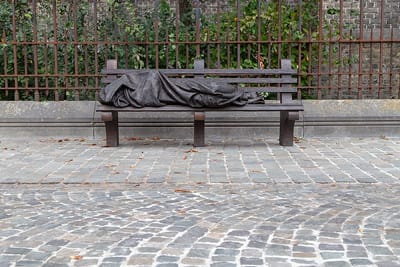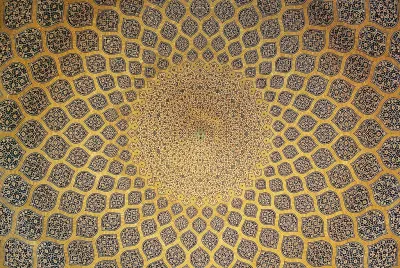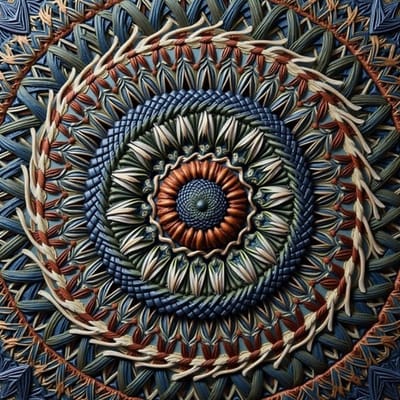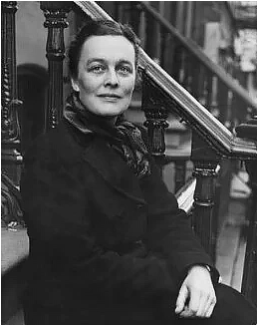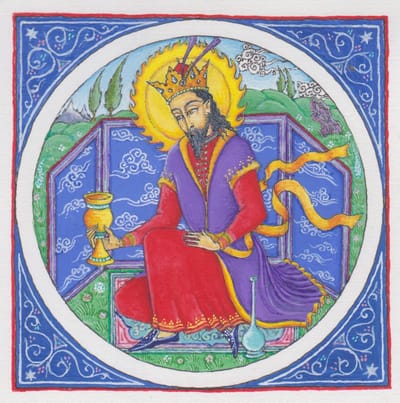Every time a new pontiff of the Catholic Church is elected by the College of Cardinals there is a general hope that he will be a good pope, a man who is personally holy and of orthodox doctrine. As for the newly elected cardinal Prevost (Leo XIV), the crucial and truly decisive issue is his stance on so-called "modernism"—an ideology that Pope Pius X called "the synthesis of all heresies" (Encylical Pascendi, 1907) and that René Guénon considered the enemy of all true wisdom and spirituality:
Any compromise between the religious spirit and the modern mentality would weaken the former and benefit only the latter, whose hostility would not be diminished by it in the least, since modernism has as its objective the total annihilation of everything in humanity that reflects a reality superior to it.[[1]]
But what is Catholic modernism?
It is precisely an attempt to achieve what Guénon and Pope Pius X, among others, considered a suicidal path: the "concertation" or "compromise" of the Church with the relativist, individualist, materialist and ultimately anti-religious mentality of modernity. Modernism is also characterized by the idea that religious doctrine and practice must always transform and adapt to the new discoveries of modern science and philosophy.
The ideology of modernism is to promote, and ultimately carry out, the "updating" (the key term of modernism) of the Church to accomodate its renewal or adaptation to the modern world. Certainly, the Church, in its terrestrial journey of more than two millennia, has always made adaptations—it would not have reached our days if it had not done so. The simple and holy Church of Christ and the Apostles in Palestine adapted to the phase of the catacomb martyrs and the Desert Fathers, which by its turn adapted externally to its later establishment in the seat of the Roman Empire; then to its expansion throughout Europe, to its flowering of intellectuality and art in the Middle Ages, to its "globalization" with the maritime discoveries of the 15th and 16th centuries, and later to the advent of the modern world, etc.[[2]]
aggiornamento. . . has become a disguise for the surrender of religion to a sick world
But this is not the real issue, as external adaptations that do not involve internal transmutations are one thing; it is quite another to abandon or adjust what one is in order to accommodate the powers that be. For aggiornamento is just that in our view, it has become a disguise for the surrender of religion to a sick world. Since the modernist faction inside Catholicism took over the Church, claiming that religion is being "renewed," it is in fact being destroyed from within, with the demagogic change of its revealed rites and the opportunistic transformation of its doctrine to make it palatable to the politically correct powers of today.
One of the protagonists of modernist heterodoxy in Catholicism was the French Jesuit Teilhard de Chardin (1881-1955); with his pantheistic evolutionism with a Christian veneer, Teilhard said that Christ represented a great "evolutionary leap" and that God is also subject to "evolution"!
Teilhard's 'intellectual-testament' can be summed up in an excerpt from his book Christianity and Evolution (p.99):
If, as a result of some inner revolution, I were to lose successively my faith in Christ, my faith in the personal God, and my faith in the spirit, I believe that I would continue to believe invincibly in the world. The world, its value, its goodness, its infallibility, is, in the final analysis, the first, the last, and the only thing in which I believe.
Strangely enough, it was this avant la lettre "influencer" who replaced God with man and the world—who was removed from the scene by the last traditional pope, Pius XII (r. 1939-1958)—whom Paul VI and Benedict XVI, in particular, promoted as a beacon of the "new renewed Christianity."
In short, despite the serious warnings of pontiffs immediately preceding the Second Vatican Council (1962-1965), modernism infiltrated and captured the official Church under the slogan of aggiornamento. The contradiction of this modernism with orthodox Catholic doctrine is total. While the Church teaches, through the mouth of Christ, that the Kingdom of God is "within you," (Lk. 17, 21), on the inside, modernism says exactly the opposite, that it is "outside," in the world. This is the crucial point. Modernist innovators did not perceive, did not want to perceive,[[3]] the truth clearly exposed by Guénon and Pope Pius X. The pact that they have sought and to a certain extent made with the anti-religious mentality of the masters of the modern world, a sick world that refuses treatment for its many ills, leads religion, all religion, not just Catholicism, to a dead end and to suicide.
Thus, the decisive criterion of "correct thinking," or orthodoxy, involves knowing the new pope's position on modernism, on its consequences in both doctrine and religious rituals. The rest is just lip service.
So far, no one has seen any sign concerning the confrontation of this decisive challenge—which would also prove, beyond any ambiguity, the doctrinal orthodoxy and ritual orthopraxis of the new pope. This is the fundamental point that we must ask ourselves, the rest is perfume.
In short, and as William Stoddart had already pointed out in relation to the previous pope,[[4]] Leo XIV has correct views on some moral issues, and he seems to be a humble man; good for him. But such views have no bearing on the cosmic unfolding of events. Leo XIV goes back to the same lineage as the previous modernist prelates. The only decisive criterion in this matter is whether he rejects aggiornamento and all its evil works. Will he confront what we might call the "Golden Calf of the new church"—an "idol" around which a multitude of souls sing and dance in infra-rational adoration?
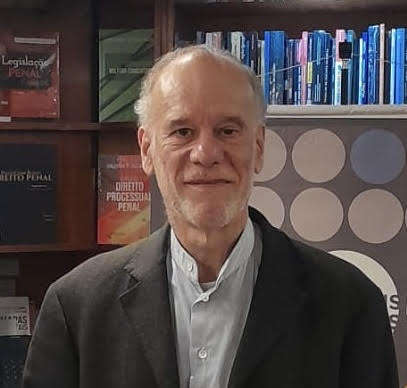
Mateus Soares de Azevedo (b. 1959, Brazil) is an author, editor, and journalist specialized in the Perennial Philosophy and comparative religion. He has written eleven books and more than one hundred articles and essays, published in Canada, USA, France, Italy, Spain, Portugal and Brazil. His books in English include Christianity and the Perennial Philosophy (2005); Men of a Single Book: Fundamentalism in Islam, Christianity, and Modern Thought (2011); and Alchemy of Love: Sexuality and the Spiritual Life (2022). He has translated into Portuguese several books of Perennialist authors such as Frithjof Schuon, Martin Lings, and William Stoddart. For many years, Mateus worked as a journalist in the international affairs section of Brazilian newspapers. Presently, he is working in the translation of Mark Perry’s Uprooting the Vineyard: the fate of the Catholic Church after Vatican II, and in the edition of a volume of letters by William Stoddart, covering a period from 1960 to his death in 2023.
[[1]]: Paris, Gallimard, 1994.
[[2]]: For more on this topic, see Mark Perry: Uprooting the Vineyard: The Fate of the Catholic Church After Vatican II (World Wisdom, 2025), which has clarifying views on this topic from a Perennialist and therefore universalist perspective.
[[3]]: Heresy is in the will, St. Thomas said in the Summa.
[[4]]:W. Stoddart, O poder do politicamenta correcto (S. Paulo, Livros Perenes, 2022).


